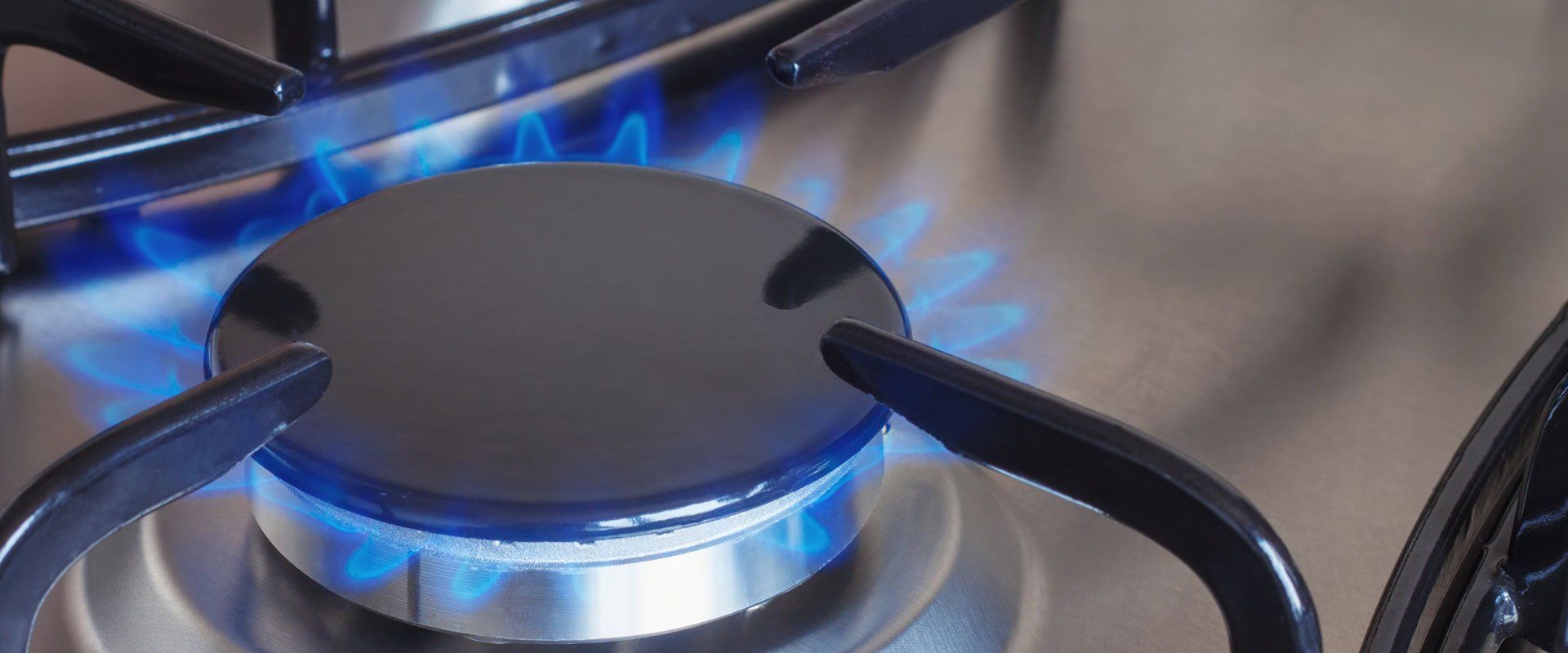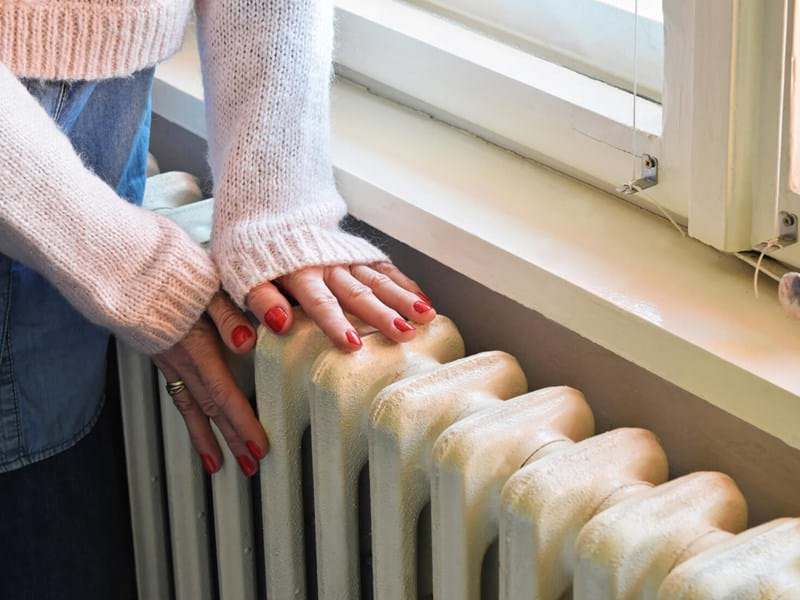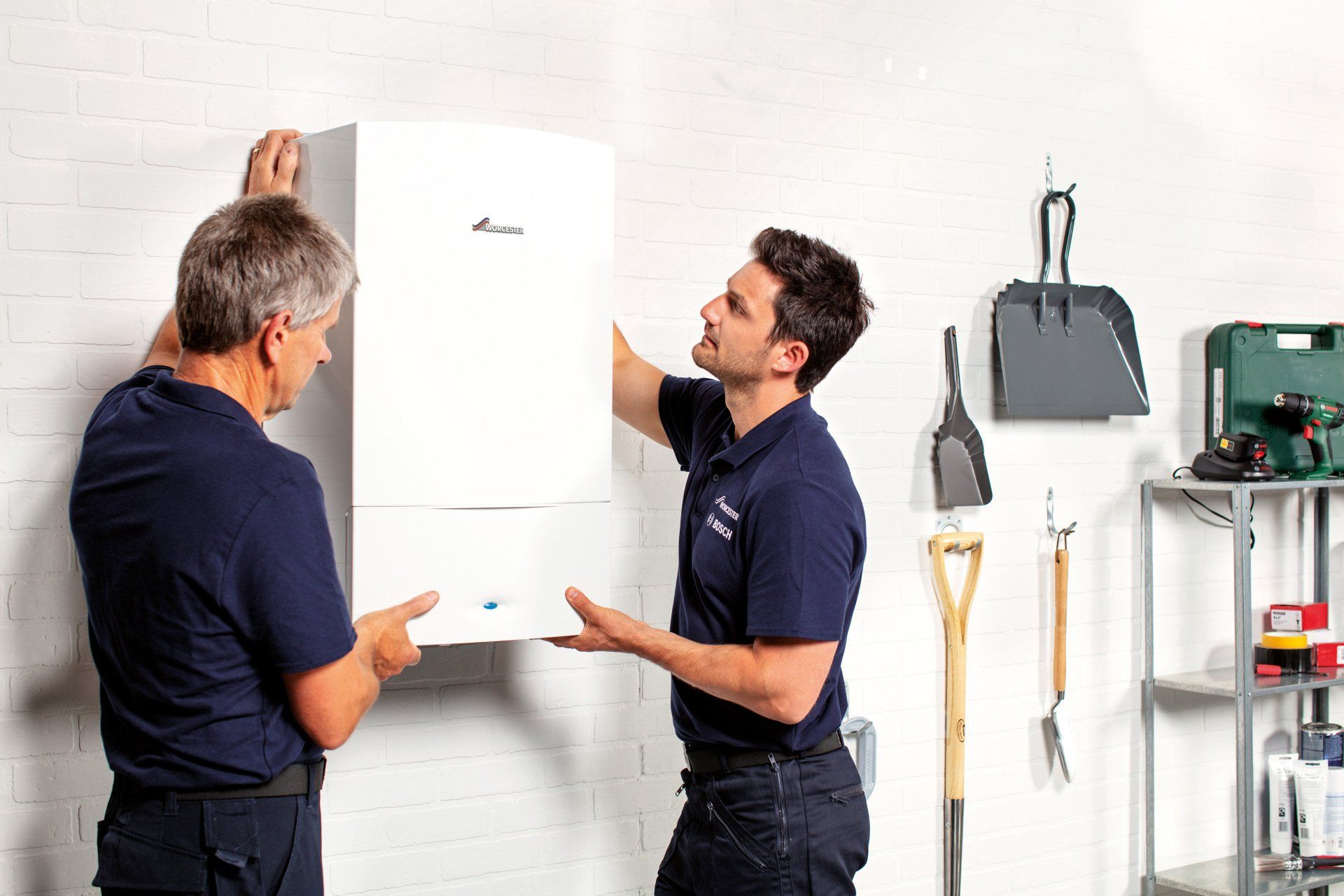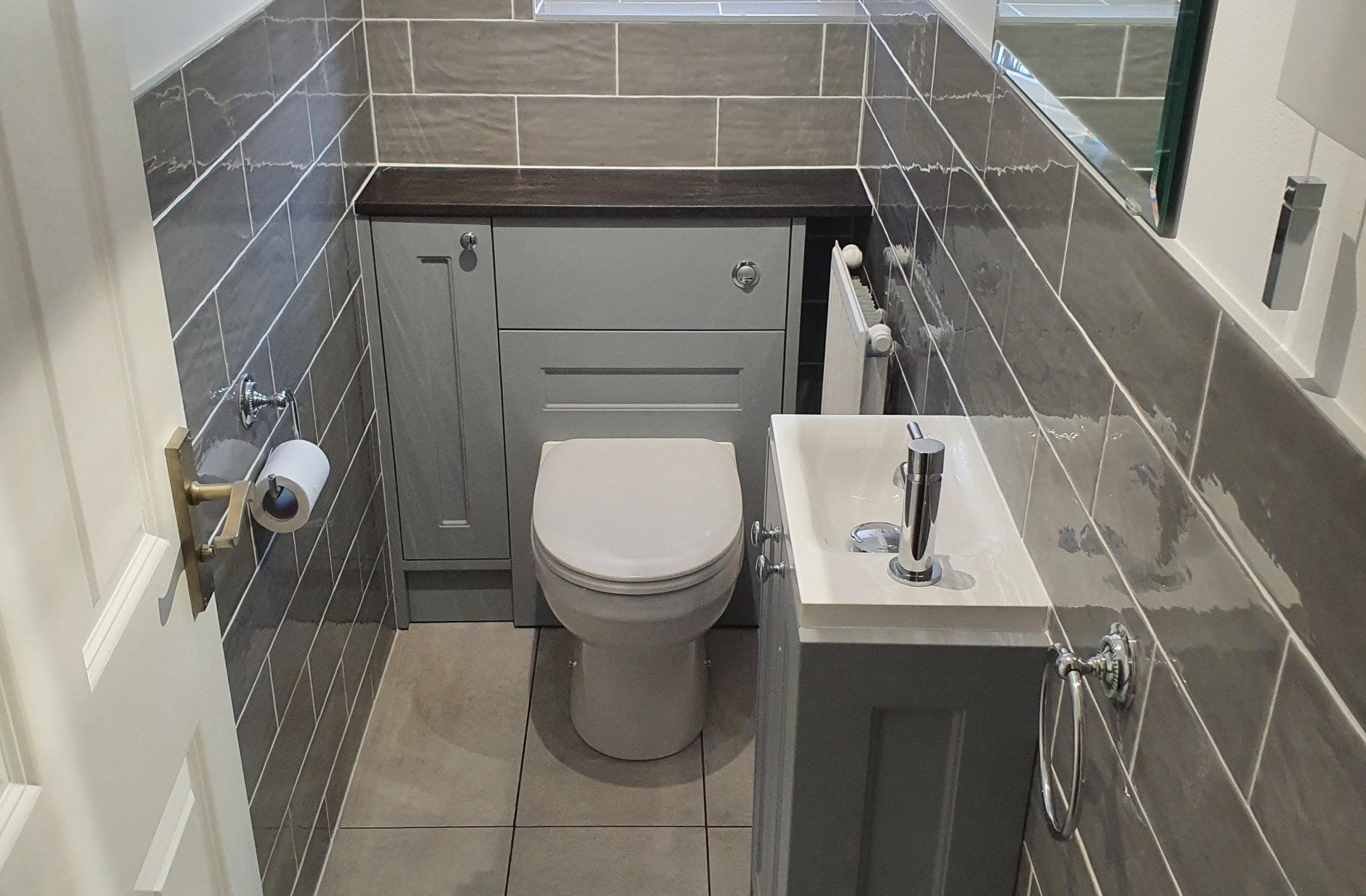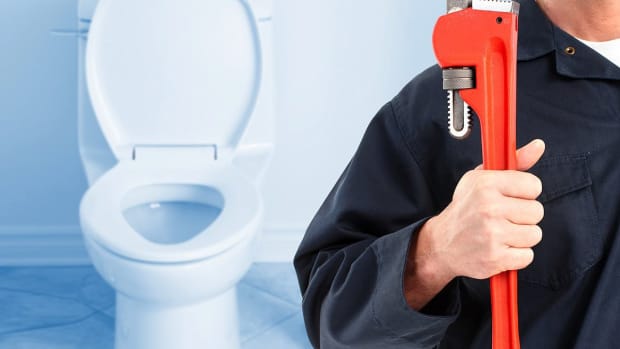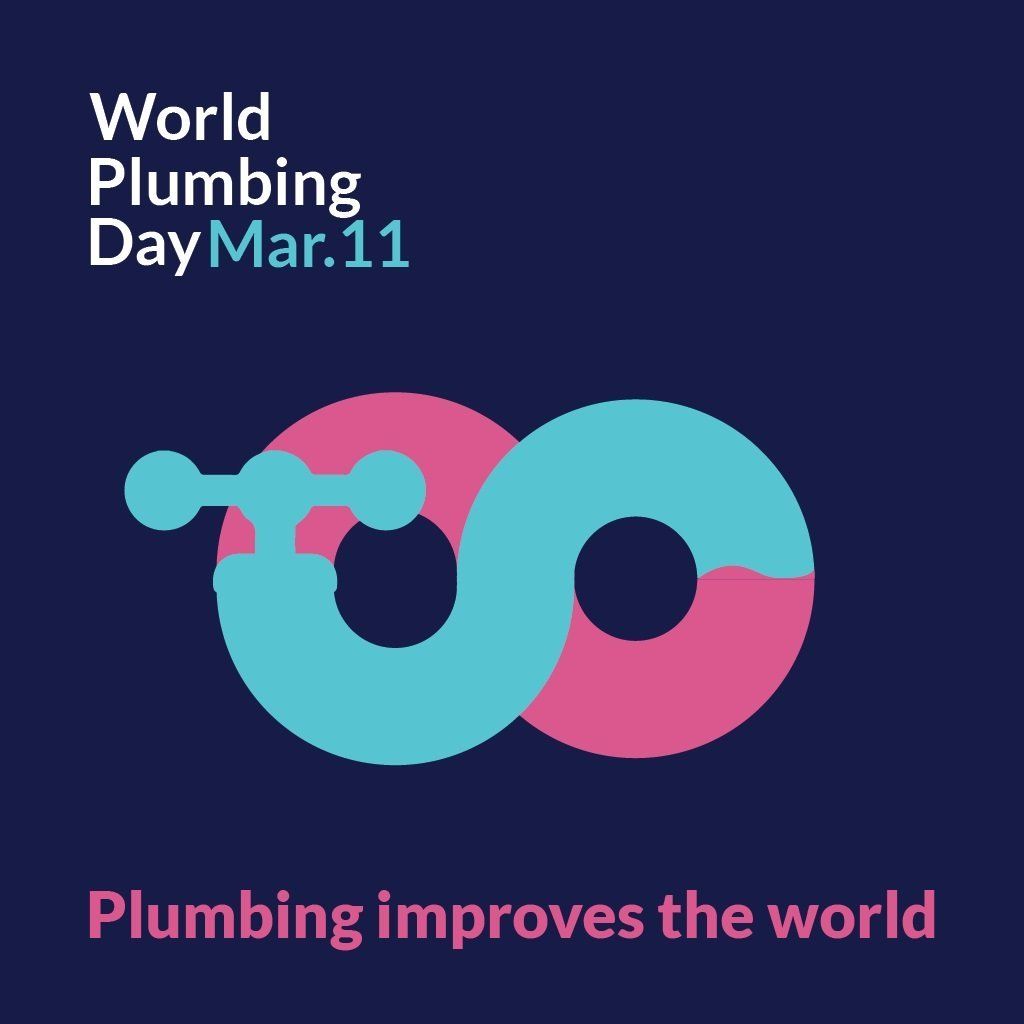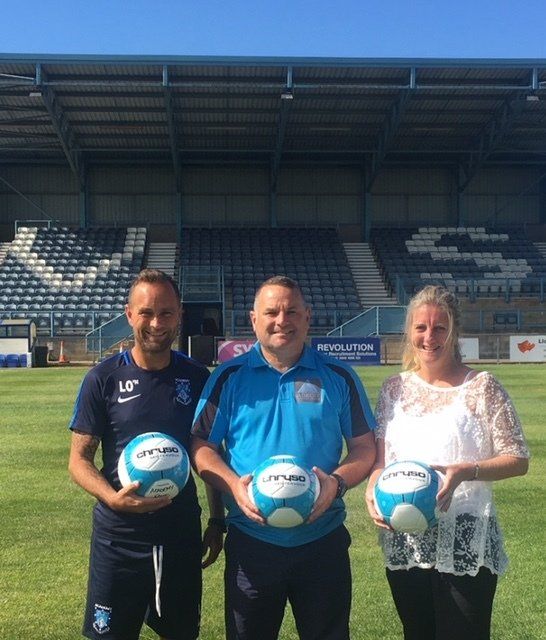How to bleed your radiator
websitebuilder • April 16, 2021
How to bleed your radiator.
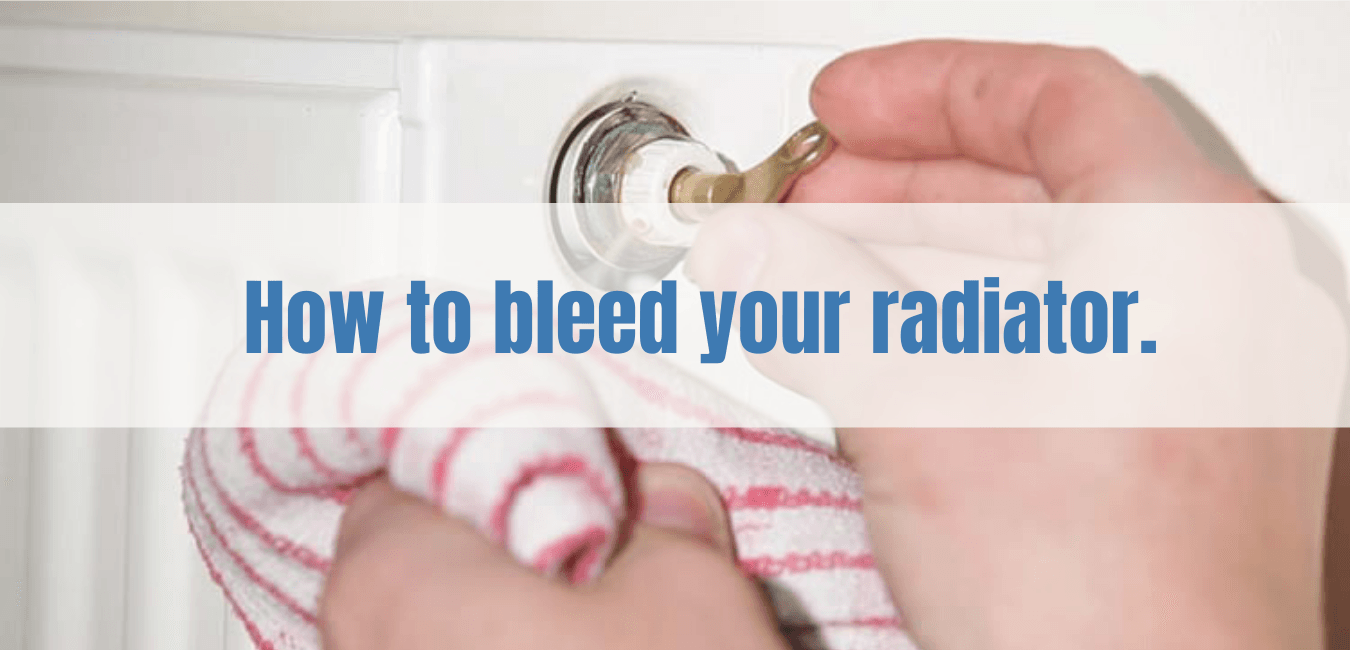
If your radiators are not heating up properly or they have cold spots, they might just need bleeding:
- Radiators need bleeding when air is trapped inside them which stops the water circulating around your radiator.
- If your radiators are noisy, making a gurgling or banging noise, they might need bleeding too.
What you will need:
- A radiator key
- A cloth/ rag to catch any water
- Turn on the central heating to allow pressure to build up in the system
- Identify which radiators need bleeding by feeling for cold spots or listen for a gurgling sound. Take care when touching the radiator as they will be hot.
- Switch off the heating and wait for the radiators to cool down.
- Prepare the area by placing old towels underneath the radiator to protect the flooring.
- Insert the bleed/ radiator key into the bleed valve. Turn the valve slowly anticlockwise. You should head a hissing sound which is the trapped air coming out. Use your cloth to catch any water that comes out.
- Retighten the valve when the hissing stops and liquid is coming out.
- Check the pressure of your heating system by looking at the gauge on your boiler. Bleeding radiators can cause the pressure to drop. Top up the pressure if necessary.
- Check to see if your radiator(s) are heating up properly, by feeling to see if the heat is spreading evenly throughout the radiator.



